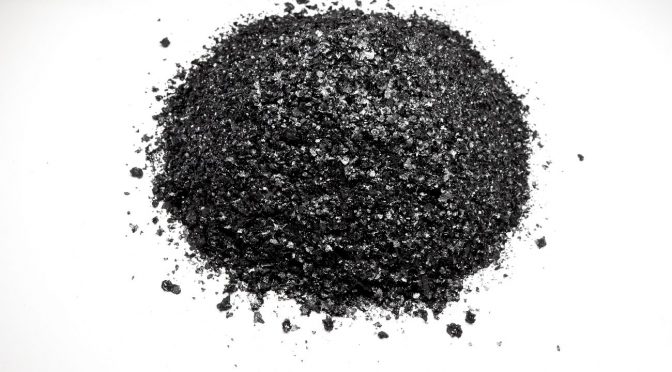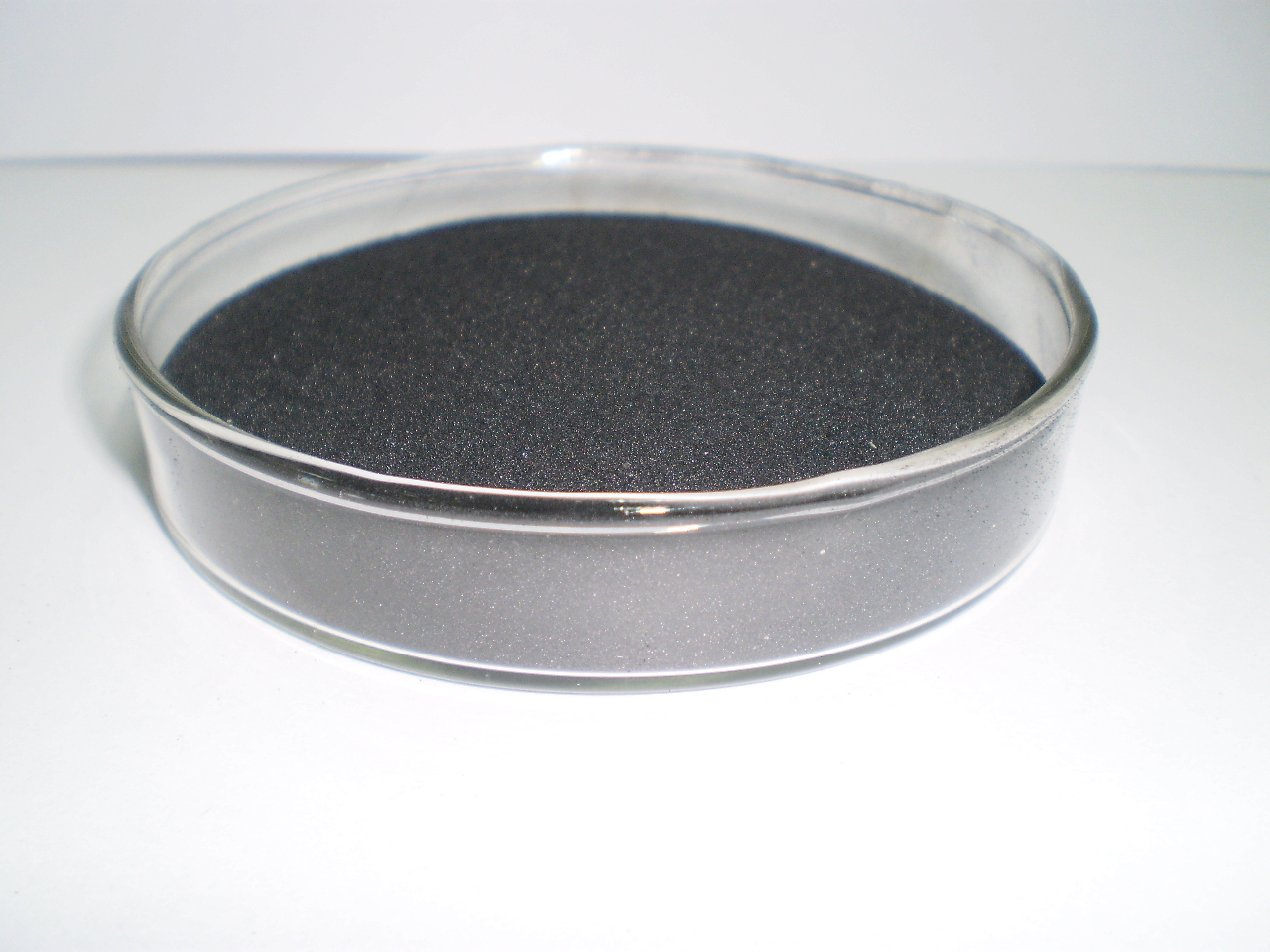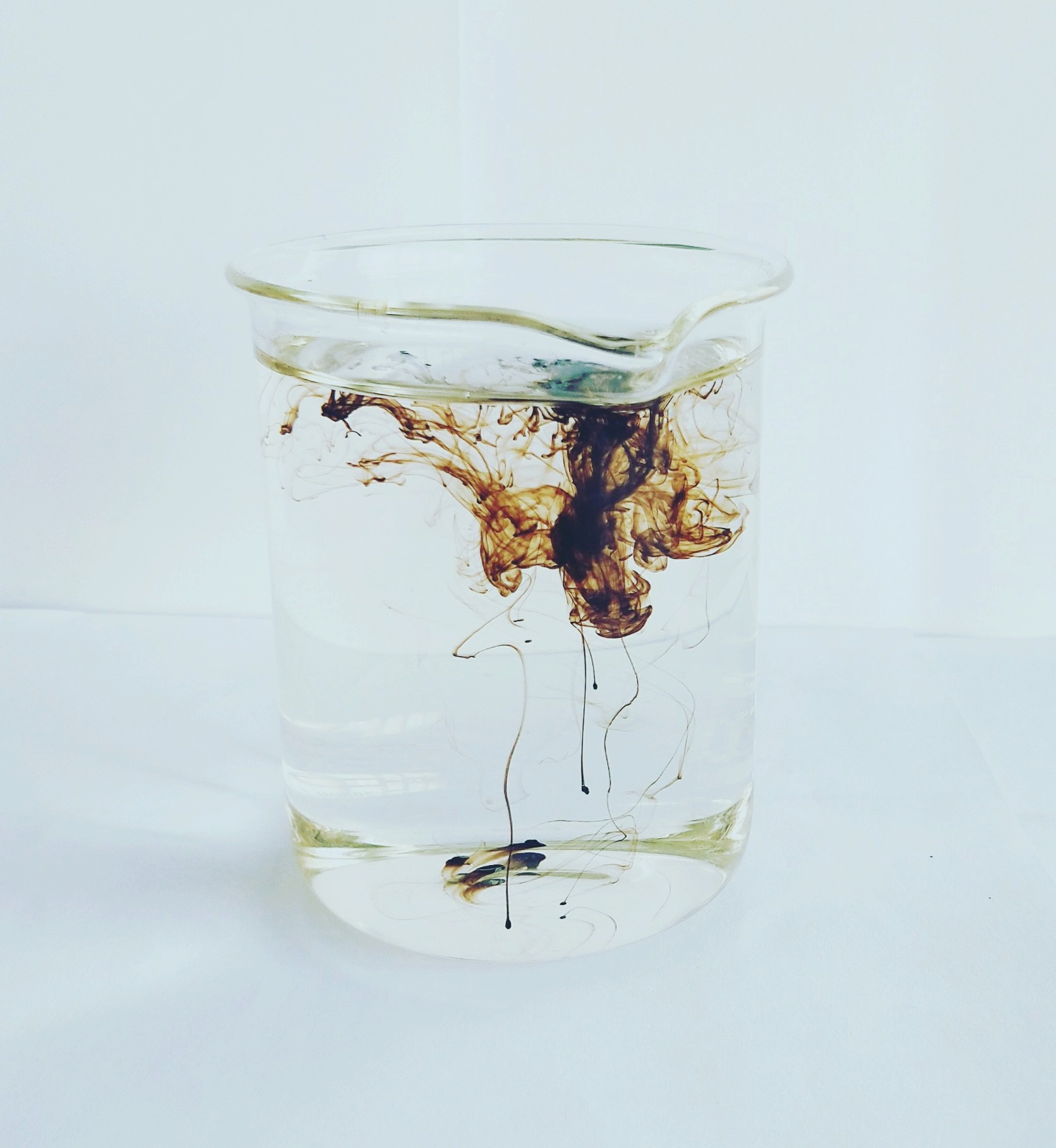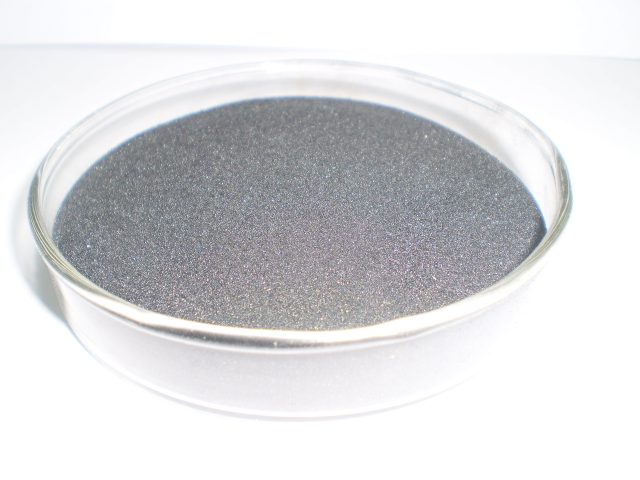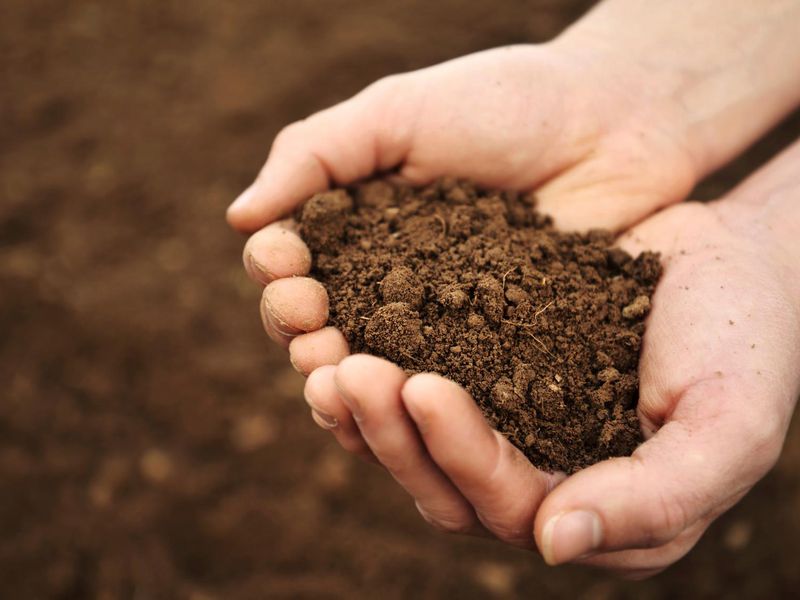potassium-humate-counter-stress-conditions,Potassium humate counter stress conditions-Plant drought stress
Under drought conditions, the application of potassium humate-containing fertilizer can promote the increase of proline content in plant leaves, promote the water-holding capacity of cells, and increase the activity of plant cell protective enzymes (nitrate reductase, superoxide dismutase, Oxidase, etc., reduce the permeability of the plasma membrane, etc. to comprehensively improve the drought resistance of crops.
Plant salt and alkali stress
Humic acid substances can indirectly improve the stress tolerance and stress resistance of plants by improving the physical and chemical properties of the soil. In addition, potassium humate can also be used to enhance the salt resistance of the material membrane under salt stress by regulating the change of fructose concentration.
Plant temperature stress
Under low temperature stress, potassium humate can increase the proline content and abscisic acid content of crops, increase the activity of polyphenol oxidase, and reduce the decrease of transpiration rate, stomatal conductance and net photosynthetic rate of plants after low temperature stress. Its cold resistance.
Under high temperature stress, potassium humate also performed well. The activities of crop superoxide dismutase and peroxidase are increased, the rate of superoxide anion production and the content of hydrogen peroxide are reduced, and the heat resistance of crops is enhanced.
Plant heavy metal stress
Humic acid contains a variety of functional groups, which can fix heavy metals on the surface of soil particles through complexation, chelation and reduction, thus affecting their migration and reducing the solubility of heavy metals in water and reducing their toxicity.
At the same time, potassium humate can alleviate the toxic effect of heavy metal cadmium on seedlings. The main mechanism is to inhibit the absorption of cadmium and promote its absorption and accumulation of nutrients such as copper, zinc, iron and manganese.
Plant disease resistance
Potassium humate can promote growth by increasing the sugar content and chlorophyll content of leaves, which indirectly improves the disease resistance of crops. At the same time, humic substances can also enhance the control of root-knot nematodes.
Potassium humate is an important component of organic matter, which can reduce the application of fertilizer, improve the efficiency of nutrient use, partially replace bio-synthesized plant growth regulators, improve the quality of fruits and vegetables, improve the resistance of plants, reduce the occurrence of pests and diseases, and promote early planting. Hair and flowering, the function is very powerful, and it should be widely used.

